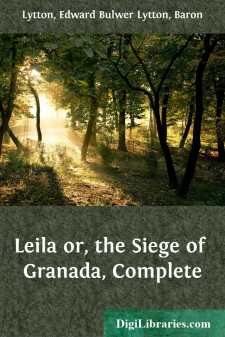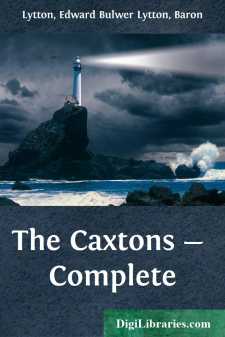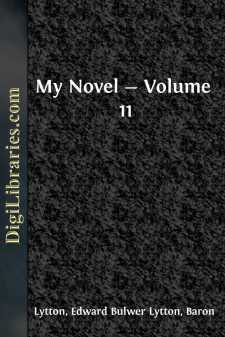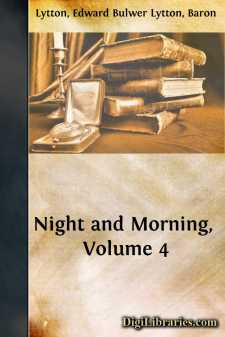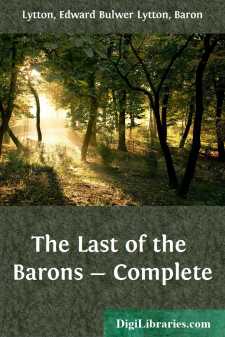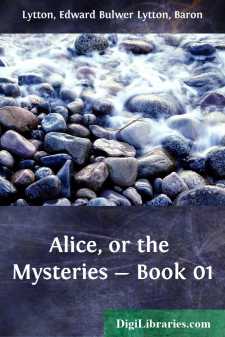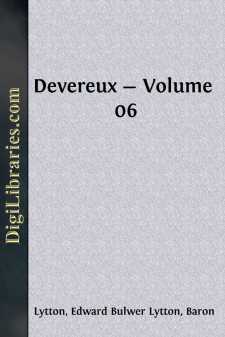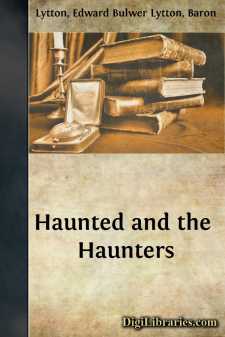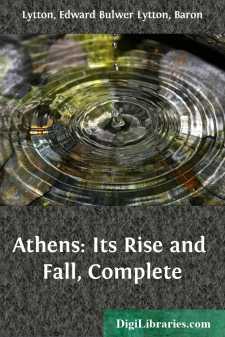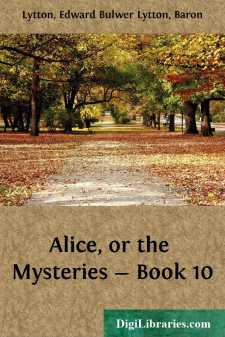Categories
- Antiques & Collectibles 13
- Architecture 36
- Art 48
- Bibles 22
- Biography & Autobiography 816
- Body, Mind & Spirit 145
- Business & Economics 28
- Children's Books 17
- Children's Fiction 14
- Computers 4
- Cooking 94
- Crafts & Hobbies 4
- Drama 346
- Education 58
- Family & Relationships 59
- Fiction 11834
- Foreign Language Study 3
- Games 19
- Gardening 17
- Health & Fitness 34
- History 1378
- House & Home 1
- Humor 147
- Juvenile Fiction 1873
- Juvenile Nonfiction 202
- Language Arts & Disciplines 89
- Law 16
- Literary Collections 686
- Literary Criticism 179
- Mathematics 13
- Medical 41
- Music 40
- Nature 179
- Non-Classifiable 1768
- Performing Arts 7
- Periodicals 1453
- Philosophy 66
- Photography 2
- Poetry 897
- Political Science 203
- Psychology 45
- Reference 154
- Religion 516
- Science 126
- Self-Help 85
- Social Science 82
- Sports & Recreation 34
- Study Aids 3
- Technology & Engineering 59
- Transportation 23
- Travel 463
- True Crime 29
Edward Bulwer Lytton Lytton
Edward Bulwer Lytton (1803–1873) was a prominent English writer, politician, and playwright, known for his prolific output in various literary genres. He authored the famous opening line "It was a dark and stormy night" in his novel "Paul Clifford" (1830) and popularized phrases such as "the pen is mightier than the sword." Lytton also served in the British Parliament and held the title of 1st Baron Lytton, significantly influencing Victorian literature and politics.
Author's Books:
Sort by:
CHAPTER I. THE ENCHANTER AND THE WARRIOR. It was the summer of the year 1491, and the armies of Ferdinand and Isabel invested the city of Granada. The night was not far advanced; and the moon, which broke through the transparent air of Andalusia, shone calmly over the immense and murmuring encampment of the Spanish foe, and touched with a hazy light the snow-capped summits of the Sierra Nevada,...
more...
CHAPTER I. "Sir—sir, it is a boy!" "A boy," said my father, looking up from his book, and evidently much puzzled: "what is a boy?" Now my father did not mean by that interrogatory to challenge philosophical inquiry, nor to demand of the honest but unenlightened woman who had just rushed into his study, a solution of that mystery, physiological and psychological, which has...
more...
CHAPTER XVII. When the scenes in some long diorama pass solemnly before us, there is sometimes one solitary object, contrasting, perhaps, the view of stately cities or the march of a mighty river, that halts on the eye for a moment, and then glides away, leaving on the mind a strange, comfortless, undefined impression. Why was the object presented to us? In itself it seemed comparatively insignificant....
more...
CHAPTER I. "O that sweet gleam of sunshine on the lake!" WILSON'S City of the Plague If, reader, you have ever looked through a solar microscope at the monsters in a drop of water, perhaps you have wondered to yourself how things so terrible have been hitherto unknown to you—you have felt a loathing at the limpid element you hitherto deemed so...
more...
DEDICATORY EPISTLE. I dedicate to you, my indulgent Critic and long-tried Friend, the work which owes its origin to your suggestion. Long since, you urged me to attempt a fiction which might borrow its characters from our own Records, and serve to illustrate some of those truths which History is too often compelled to leave to the Tale-teller, the Dramatist, and the Poet. Unquestionably, Fiction, when...
more...
CHAPTER I. Who art thou, fair one, who usurp'st the place Of Blanch, the lady of the matchless grace?—LAMB. IT was towards the evening of a day in early April that two ladies were seated by the open windows of a cottage in Devonshire. The lawn before them was gay with evergreens, relieved by the first few flowers and fresh turf of the reviving spring; and at a distance, through an opening...
more...
THE CATASTROPHE. IT happened unfortunately that the mission to ——— was indispensable. The slender accommodation of the tower forbade Gerald the use of his customary attendants, and the neighbouring villagers were too few in number, and too ill provided with weapons, to encounter men cradled in the very lap of danger; moreover, it was requisite, above all things, that no rumour or suspicion of our...
more...
THE HAUNTED AND THE HAUNTERS; OR, THE HOUSE AND THE BRAIN. * * * * * A friend of mine, who is a man of letters and a philosopher, said to me one day, as if between jest and earnest, "Fancy! since we last met I have discovered a haunted house in the midst of London." "Really haunted,—and by what?—ghosts?" "Well, I can't answer that question; all I know is this: six weeks ago...
more...
CHAPTER I. Situation and Soil of Attica.—The Pelasgians its earliest Inhabitants.—Their Race and Language akin to the Grecian.—Their varying Civilization and Architectural Remains.—Cecrops.—Were the earliest Civilizers of Greece foreigners or Greeks?—The Foundation of Athens.—The Improvements attributed to Cecrops.—The Religion of the Greeks cannot be reduced to a simple System.—Its...
more...
CHAPTER I. QUALIS ubi in lucem coluber . . . Mala gramina pastus.*—VIRGIL. Pars minima est ipsa puella sui.**—OVID. * "As when a snake glides into light, having fed on pernicious pastures." ** "The girl is the least part of himself." IT would be superfluous, and, perhaps, a sickening task, to detail at length the mode and manner in which Vargrave coiled his snares round the...
more...


